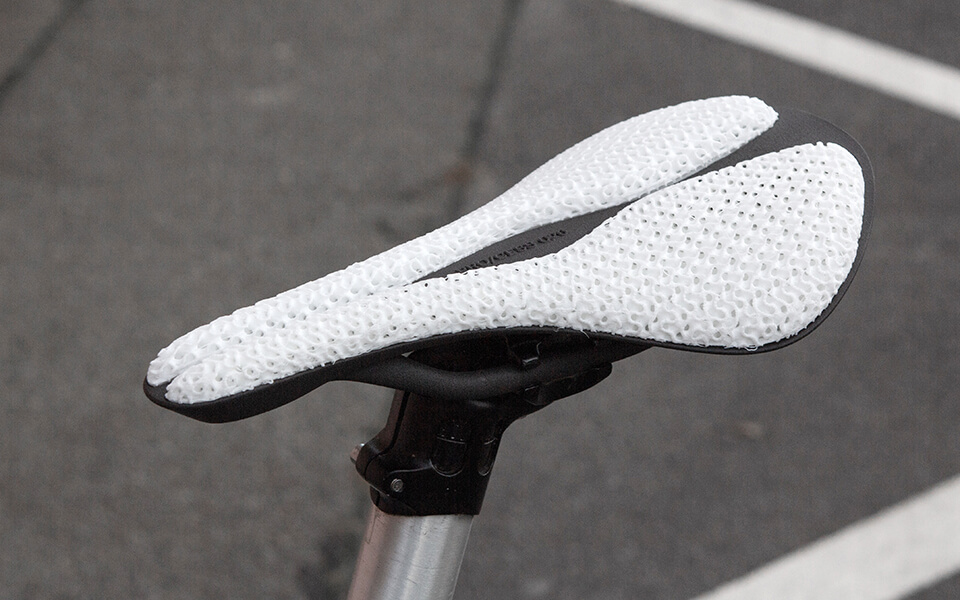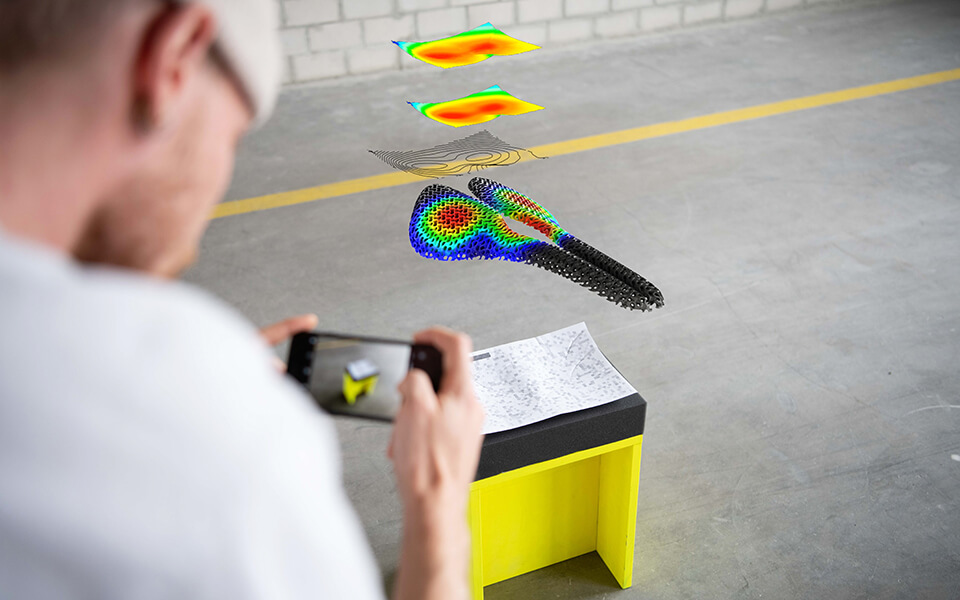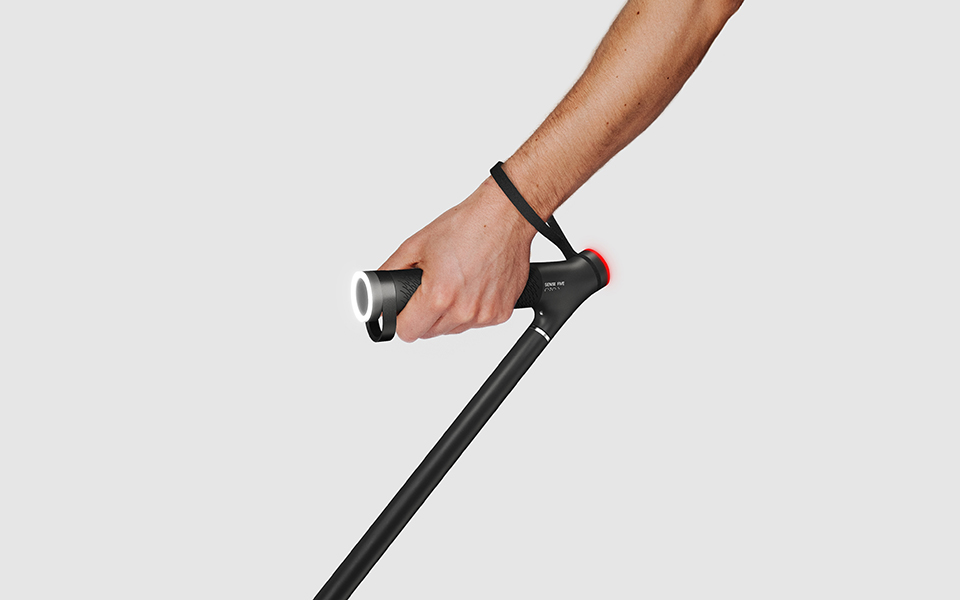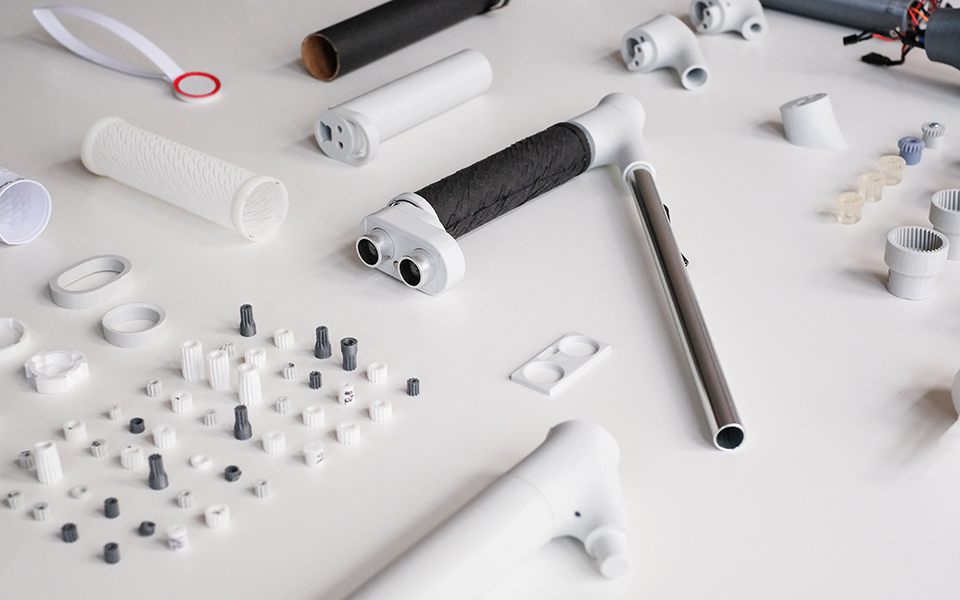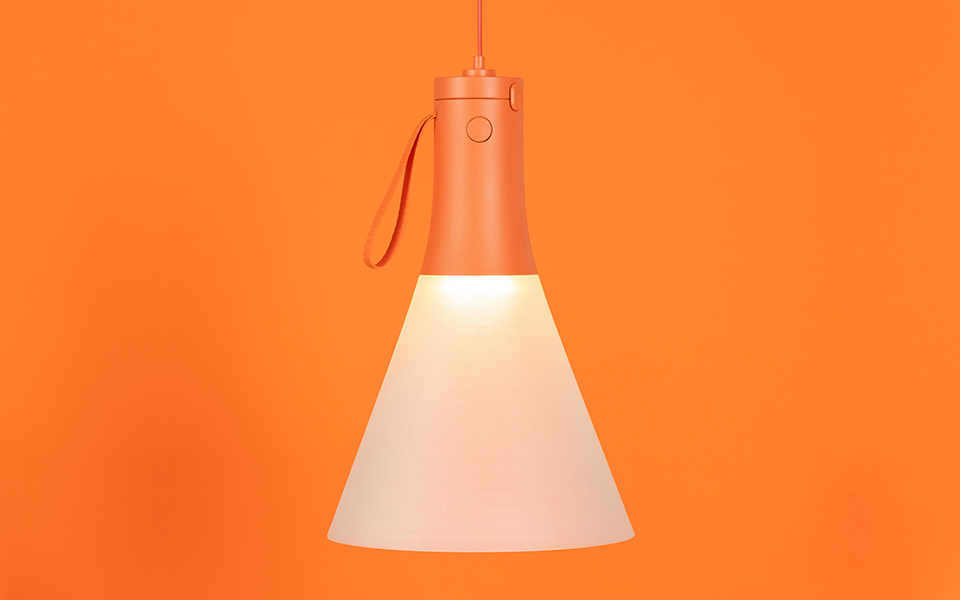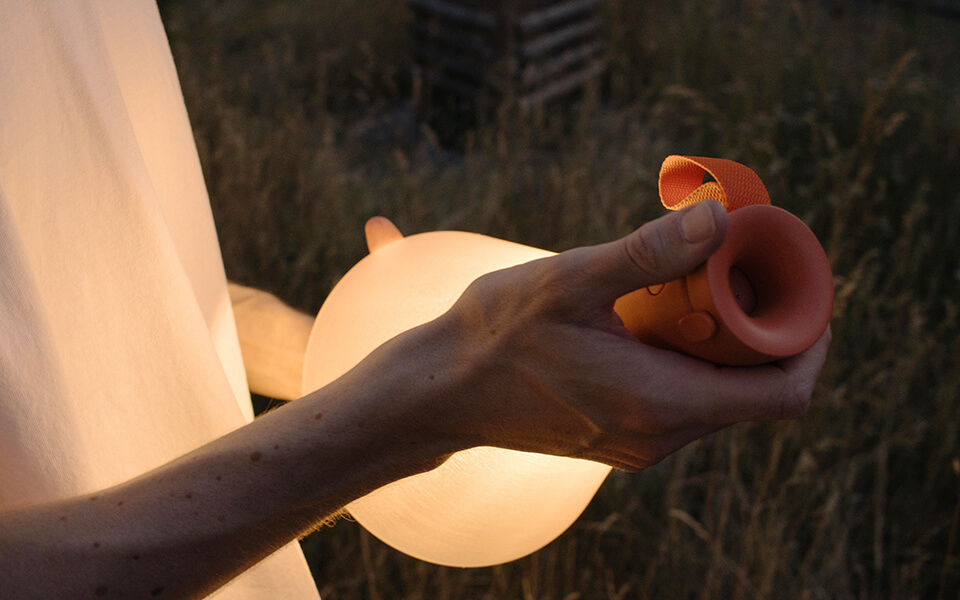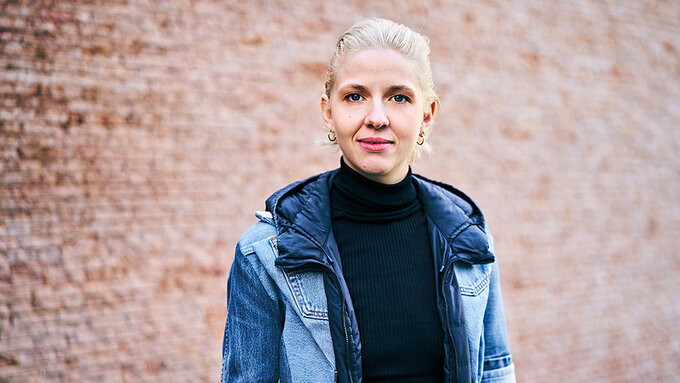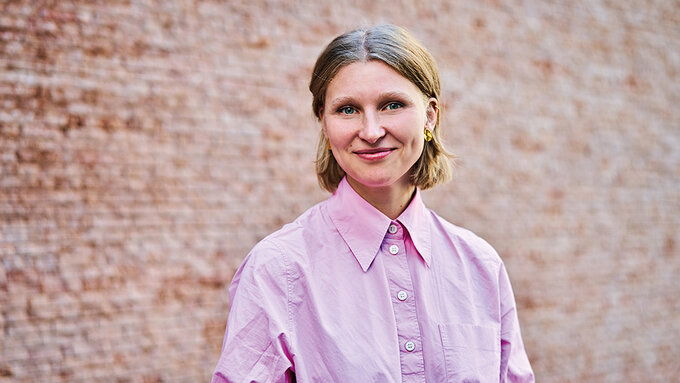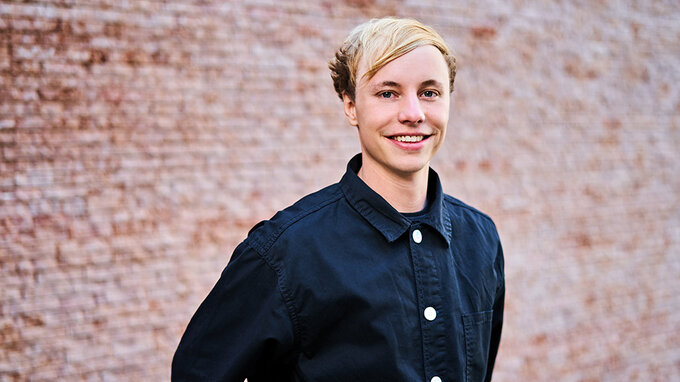Tim Schütze

Tim Schütze was born in Hamburg in 1997. After his A-levels, he studied industrial design at HTW Berlin (University of Applied Sciences). In 2020 he interrupted his studies to spend a semester at the Bezalel Academy of Arts and Design in Jerusalem, in order to deepen his understanding of the field of handicrafts and visual communication. Tim Schütze has studied product design at the Berlin University of the Arts since 2021. At the same time, he has gained practical experience as a tutor and a freelancer. An important focus of his work is the promotion of equality and diversity in society through gender-sensitive design. Tim Schütze lives and works in Berlin.
Interview with Tim Schütze
You are a »Finalist« for the German Design Award 2023 – Newcomer. What does this award mean for you and your work?
First and foremost, the award as a »Finalist« honours me and signifies appreciation of my creative approach. Furthermore, I see it as a responsibility to continue to dedicate myself to future topics with curiosity and critical reflection.
In your work as a product/industrial designer, you deal with gender-sensitive design. Can you briefly elaborate on that?
Our designed environment is characterised by gender-differentiated products. These misjudge human diversity and ultimately also contribute to the preservation of patriarchal hierarchies. In order to stand up against this in design, I think it is necessary to reflect on the gender implications and exclusions of a design in order to overcome gender as a category of difference.
In your portfolio you present very different works. Is there a project that is/was particularly close to your heart?
PRO/CESS is definitely a project close to my heart. It pursues a political claim and uses innovative technologies to implement it. An interesting field of tension in which I also see my future work.
What constitutes »contemporary design« for you? Which criteria would have to be fulfilled in particular?
I find it difficult to define »the« contemporary design. Rather, I think it is contemporary not to dwell too long on definitions, or within them. As criteria, social impact and the question of accessibility should be reflected in addition to sustainability.
What are you currently working on?
For my master’s thesis, I am currently working on the topic of »critical making«. I am questioning the democratic semblance of making culture and examining how education level, patriarchy, gender roles, origin and class, among others, intersect and define making as accessible or inaccessible.

